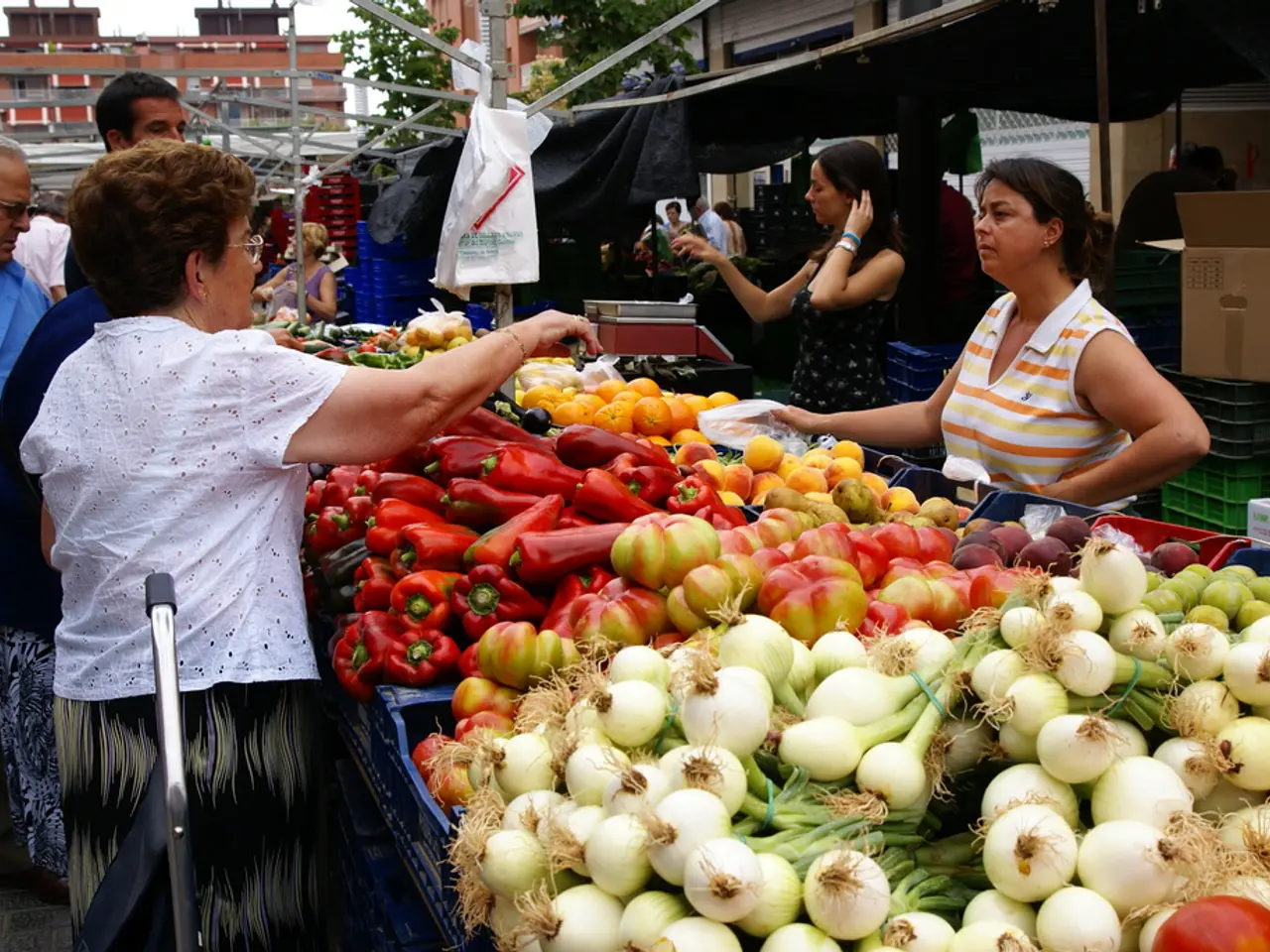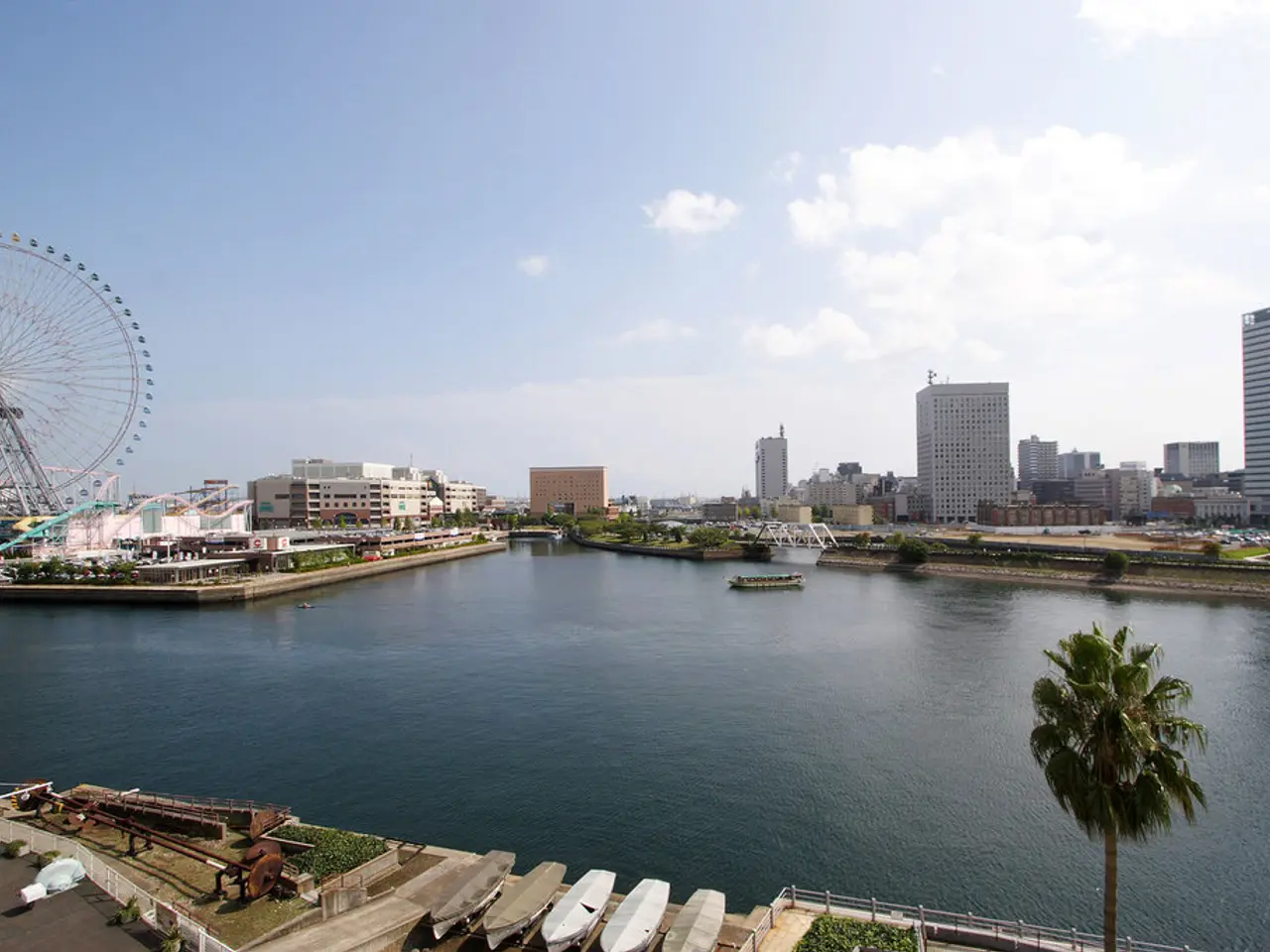Strategies for Achieving a Plastic-Free July 2021!
In the pursuit of a greener planet, a significant movement has been gaining momentum since 2011 - Plastic Free July. This month-long challenge encourages individuals worldwide to refrain from using or purchasing single-use plastics to help reduce plastic pollution.
The campaign, initiated by the Plastic Free Foundation, aims to shed light on the alarming statistics surrounding plastic waste. For instance, fewer than 10% of all plastic ever manufactured has been recycled, and by 2050, there may be more plastic in the oceans than fish if current usage rates continue.
Plastic Free July is not just about abstaining from plastic straws or disposable cutlery. It's about making conscious decisions in our daily lives to minimise plastic waste. This could mean avoiding excessive food packaging by making different choices at the supermarket or shopping in a different place, storing grain, nuts, flour, laundry detergent, dish soap, and body lotions in glass or metal jars, and using a cloth bag instead of plastic bags.
Moreover, carrying a reusable bottle or mug can help reduce plastic consumption and save money. When ordering to-go, using a reusable container or mug for beverages is also encouraged.
The campaign extends beyond individual actions. It encourages people to educate friends, family, and peers about the concept of single-use plastic and the need to decrease plastic usage. In fact, large corporations may be motivated to pursue greener options if individuals spread the message on social media.
The choice of July for the campaign seems strategic. While the exact reasoning is not explicitly documented, it appears to coincide with existing environmental observances and to capitalise on seasonal engagement for global plastic reduction efforts. July hosts other plastic reduction awareness events, such as International Plastic Bag Free Day on July 3rd, which was established in 2009 by Zero Waste Europe.
By participating in Plastic Free July, individuals can contribute to a significant reduction in plastic waste, not just in July, but throughout the year. The campaign is a reminder that small changes in our daily lives can make a significant difference in protecting our environment and personal health.
For those inspired to take action beyond July, establishing a campaign in your community or city to minimise single-use plastic is a valuable step towards a sustainable future. Together, we can make a difference.
References: [1] Plastic Free Foundation. (n.d.). About Plastic Free July. Retrieved from https://www.plasticfreejuly.org/about [2] Zero Waste Europe. (n.d.). International Plastic Bag Free Day. Retrieved from https://www.zerowasteeurope.eu/international-plastic-bag-free-day/ [3] National Geographic. (2018, July 3). Plastic Free July: How to Participate. Retrieved from https://www.nationalgeographic.com/news/2018/07/plastic-free-july-how-to-participate/ [4] Earth Day Network. (n.d.). Plastic Free July. Retrieved from https://www.earthday.org/events/plastic-free-july/ [5] The Guardian. (2018, July 2). Plastic Free July: the simple steps you can take to cut your plastic waste. Retrieved from https://www.theguardian.com/environment/2018/jul/02/plastic-free-july-the-simple-steps-you-can-take-to-cut-your-plastic-waste
- In addition to avoiding single-use plastics, individuals can also practice environmental-science principles by growing their own vegetables in home-and-garden settings and choosing to consume seasonal fruit to reduce carbon emissions from transport.
- As part of a sustainable lifestyle, considering a garden beds layout that incorporates native plants and drought-resistant vegetation can contribute to a healthier environment by consuming less water and providing a habitat for local wildlife.
- Incorporating renewable energy sources, such as solar panels or wind turbines, into home-and-garden design can help compensate for the carbon footprint created by plastic manufacturing and other human activities, contributing to the fight against climate-change.
- By adopting the principles of Plastic Free July in both outdoor and indoor spaces, individuals can transition towards a more eco-friendly home-and-garden lifestyle that minimizes plastic waste, conserves resources, and protects the environment for future generations.




